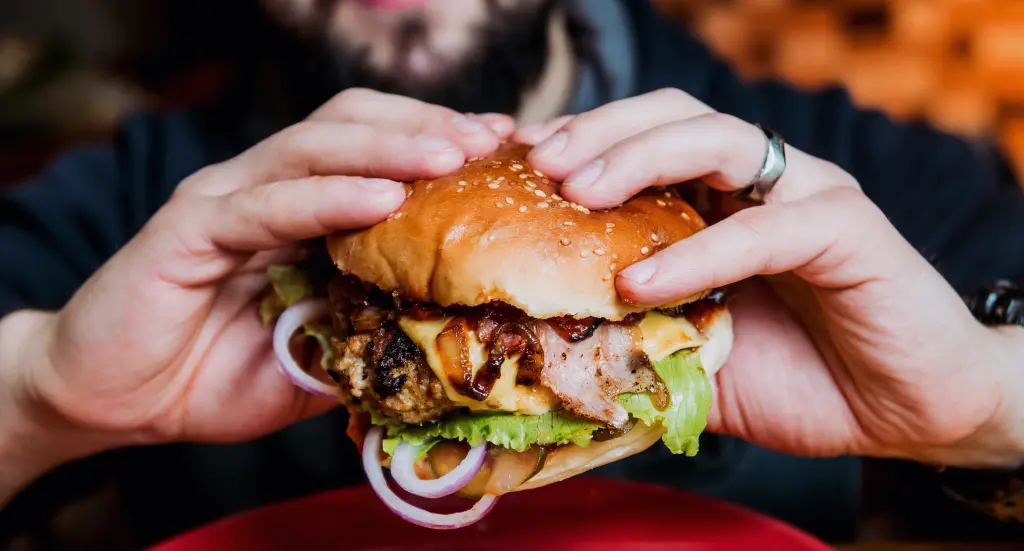Unseen Struggle Behind the Headlines: 17-Year-Old Who Implicated Matt Gaetz Lived in a Homeless Shelter and Sold Herself to Pay for Braces, Court Records Show
Behind the high-stakes political drama surrounding Florida congressman Matt Gaetz lies a deeply human and painful story — one of poverty, exploitation, and the stark contrast between power and vulnerability. According to newly unsealed court filings and details first reported by the New York Times and New York Post, the teenager whose allegations helped bring down the once-rising Republican star lived part-time in a Florida homeless shelter and resorted to selling her “companionship” to pay for dental braces.

The woman, still unidentified publicly, is referred to as “Victim A” in the House Ethics Committee report that investigated Gaetz’s conduct. She told congressional investigators that when she was 17, she met Gaetz at a house party in Florida in 2017, where sexual encounters occurred. At the time, Gaetz was 35, an influential lawmaker with growing ties to then-President Donald Trump’s circle.
Her life before and after that encounter tells a story few expected to emerge from a political scandal. Newly revealed documents describe a teenager struggling to survive, living in unstable conditions, often splitting time between her parent’s care and a shelter. Her attorney, speaking with The New York Times, said she was “then-homeless,” a high-schooler who had been working multiple small jobs to stay afloat. The documents show she began meeting older men through a “sugar baby” website, where she exchanged companionship and sexual contact for money — funds she reportedly used to afford braces for her teeth.

The revelations come after a federal judge unsealed portions of a civil case connected to Joel Greenberg, a former Florida tax collector and longtime associate of Gaetz. Greenberg was convicted in 2021 of sex trafficking a minor and sentenced to 11 years in prison. His cooperation with authorities led to the first wave of allegations against Gaetz. While federal prosecutors ultimately declined to bring criminal charges against the congressman in 2023, the Ethics Committee later reopened its own probe, finding what it described as “substantial evidence” of misconduct.
According to that 2024 report, Gaetz had engaged in sexual acts with multiple women he met through paid arrangements, some of whom were introduced to him by Greenberg. The committee concluded that one of those women was underage at the time of her encounter with the congressman. It also found that Gaetz “accepted impermissible gifts, used controlled substances, and attempted to obstruct the investigation.”

For years, Gaetz had dismissed the allegations as part of a “witch hunt” designed to destroy his career. “I never paid for sex. I never, ever had sexual relations with a minor,” he said in repeated statements. When the House Ethics Committee released its findings, Gaetz called them “fictionalized garbage.” But even without formal criminal charges, the political fallout was immediate. The Florida congressman — once considered a possible Trump ally for cabinet office or even a future governor — faced immense pressure. By mid-2024, he withdrew from consideration for a Trump-backed Attorney General nomination, marking the effective end of his national ambitions.
While Gaetz’s future dimmed, the young woman’s life moved in a very different, more harrowing direction. Her attorney’s account, along with corroborating civil documents, paints a picture of adolescence shaped by desperation. In statements to investigators, she described trying to stay in school while taking odd jobs and occasionally meeting men through websites to cover her own living expenses. The mention of using that money for braces — an ordinary teenage wish — lent the story a tragic intimacy.
“She was trying to fix her smile,” her lawyer reportedly told The New York Times. “That’s all she wanted — to look like other girls her age.”

This stark juxtaposition — a powerful politician at the height of his influence and a homeless teen scraping together enough money to correct her teeth — has reignited debates over privilege, vulnerability, and the imbalance of accountability in American politics. For many observers, it also reframes the Gaetz scandal not merely as a political or legal case, but as a deeply human tragedy that exposes the exploitation of marginalized youth.
The House Ethics Committee’s 56-page report details text messages, travel receipts, and witness testimony showing Gaetz’s repeated participation in parties where drugs and paid sexual activity allegedly occurred. Investigators said they found Venmo transactions linking Gaetz to payments made to Greenberg and several young women. One of those payments, marked as “Tuition” and dated within days of the party described by the 17-year-old, has drawn particular scrutiny.
In its summary, the committee wrote that Gaetz “engaged in sexual acts with a minor and made payments that constituted commercial sex.” It stopped short of referring the matter to the Justice Department, citing that agency’s earlier decision not to prosecute, but said his actions “reflect discredit upon the House.”
Gaetz’s legal team, however, maintains that the allegations remain “uncorroborated and unreliable,” noting inconsistencies in the young woman’s timeline and testimony. “He was never charged, never convicted, and continues to deny these outrageous claims,” his spokesperson said.
But even if the criminal case has faded, the newly unsealed details ensure the moral and emotional dimensions remain at the forefront. Commentators have pointed to the teen’s experience — being young, impoverished, and under immense pressure — as emblematic of how systemic failures create pathways to exploitation. Social advocates have used the story to call for greater protections for homeless youth, arguing that economic desperation can make minors vulnerable to predatory behavior and manipulation.
The broader political fallout has also been significant. Within months of the Ethics Committee report, Gaetz’s closest allies began to distance themselves. His influence within the House Freedom Caucus dwindled, and major conservative donors quietly backed away. By early 2025, Gaetz had resigned his seat and retreated from public view, though he continues to make occasional appearances on conservative talk programs, where he describes himself as a “victim of character assassination.”
For the young woman at the center of it all, anonymity has been her only refuge. Her attorney says she now lives out of state and has tried to rebuild her life, still grappling with the emotional aftermath of years spent in survival mode. Advocates who have followed the case note that, despite her circumstances, her decision to speak to investigators represents a rare act of courage in a climate where power and reputation often shield those accused of misconduct.
Legal experts say the case underscores how political scandals can obscure the lived realities of those most affected. “Behind every allegation, there’s a human being,” said one Florida legal analyst. “This wasn’t just about Matt Gaetz. It was about a child who slipped through every crack society has.”
As the headlines fade, what remains is a story that forces uncomfortable questions about privilege, justice, and the lingering inequalities that allow such stories to happen. The girl once known only in whispers now symbolizes a broader crisis — one where economic hardship, homelessness, and predatory dynamics intersect. Whether or not the case ever returns to court, its moral weight continues to linger in the public consciousness.
For Matt Gaetz, the fallout has been career-defining. Once a fiery Trump ally and frequent fixture on cable news, he now faces a legacy overshadowed by scandal. For the unnamed teenager, her story is one of survival — a painful reminder that even amid political theater, real lives bear the consequences.
In the end, what began as a political firestorm over allegations of misconduct has evolved into something much more revealing — a portrait of inequality, desperation, and power imbalance in modern America. And at its center remains a young woman who, at 17, was simply trying to fix her smile.



